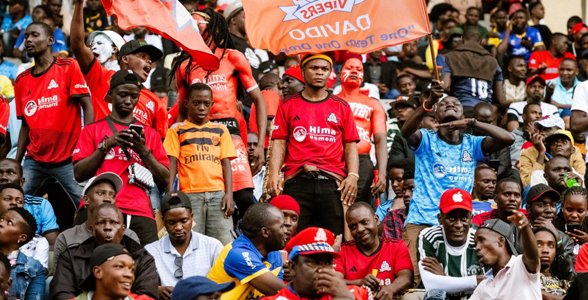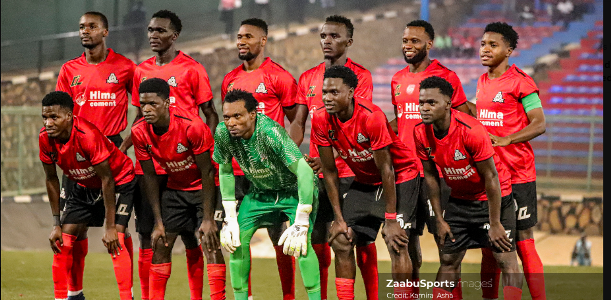The recent controversy surrounding England and Crystal Palace defender Marc Guehi raises important questions about the balance between religious expression and the enforcement of regulations in professional sports. Guehi, a devout Christian, came under scrutiny from the FA after writing “I love Jesus” on a rainbow captain’s armband during a match against Newcastle. While the FA prohibits political, religious, or personal slogans on players’ gear, the inconsistency in enforcement has sparked accusations of double standards, especially given other instances of faith-based expressions going unpunished.
Religious Attire and Expression in Ugandan Sports
This debate resonates with Uganda’s own sports scene, where Muslim coaches like Hussein Mbalangu and Abdallah Mubiru often wear traditional Islamic attire on the touchline. Unlike in Guehi’s case, these expressions of faith have not triggered significant controversy. Ugandan law, under the constitution, guarantees freedom of religion and expression, allowing individuals to showcase their beliefs openly. However, these freedoms must be balanced with the principles of professionalism and inclusivity in sports.
The question arises: where do governing bodies draw the line between personal expression and maintaining neutrality? If Ugandan sports authorities were to enforce strict bans on religious symbols or attire, it could lead to tensions, especially in a nation where religion plays a significant cultural role.
Lessons from the Saudi Pro League
Looking to the Saudi Pro League offers a contrasting perspective. Despite being rooted in the Islamic faith, the league has strict protocols that discourage overt religious displays on the touchline. Coaches and players, regardless of their beliefs, adhere to professional codes that prioritize the sport over personal expressions. This approach has contributed to the league’s growing reputation as a global football hub, attracting international stars and fostering inclusivity.
A Call for Consistency
The broader issue is not whether players or coaches should express their faith but ensuring consistent enforcement of rules across all individuals and religions. Guehi’s case highlights the need for sports governing bodies like the FA to apply their regulations uniformly. Failure to do so risks alienating players and fans of different faiths and creating the perception of favoritism or bias.
In Uganda and beyond, the discussion is not about suppressing faith but about fostering an environment where all participants feel respected and included. As sports become increasingly global, these conversations will continue to shape how institutions balance individual freedoms with collective harmony


